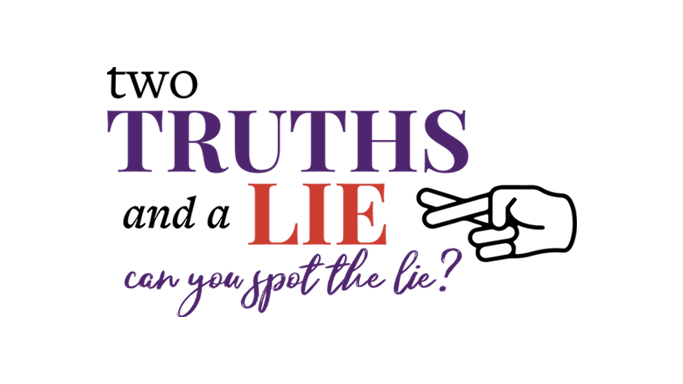How much do you know about military recruitment? Play this party game/icebreaker “Two Truths and a Lie” to find out.
A. The Army, Navy, and Air Force are falling short of their recruiting goals by the thousands.
B. The erosion of patriotism and national identity and the weakening of civic education and nationalism may have caused the decline in military recruitment.
C. The importance of civic education is one issue Americans don’t agree on.
A. Truth. The Army recently announced it will fail to meet its critical recruiting requirements for the second year in a row. The active-duty Army is currently at 455,000 troops and losing more soldiers than it’s gaining with less than five months remaining to hit its target of 452,000 soldiers for the current fiscal year. Consequently, the nation’s main ground force could experience a significant decline of up to 7% within a mere two-year timeframe. The Army is not the only branch falling short with the Navy expecting to fall about 6,000 short of its goals, and the Air Force around 10,000 when taking into account the active component, Air National Guard, and Air Force Reserve.
B. Truth. The desire to serve in the military is only at 9%. A Wall Street Journal poll found that patriotism as an important value to Americans is declining. The decline was precipitous, falling from 70% who reported it being “very important to them,” in 1998, to 38% today. Just as concerningly, 71% of Americans in an NBC News poll believe the country is headed in the wrong direction. When civic education is neglected, and nationalism is undermined, it can lead to a decreased appreciation for the sacrifices made by the military and a diminished desire to contribute to the nation’s defense.
C. Lie. The promising news is that the importance of civic education, in particular, is one of the rare issues on which Americans agree. A recent national poll conducted by Frank Luntz established a majority of respondents (57%), representing a wide variety of beliefs, identified civic education as the most important tool for rebuilding a stronger American identity. Congress also seems to understand the necessity, as evidenced by the bipartisan “Educating for Democracy Act of 2020.” Moreover, two bipartisan commissions in 2020 included expansions and investments in civic education as key recommendations in their final reports.
Bottom Line:
Military recruitment deficits should not be viewed solely through an economic lens. Instead, they can be seen as a reflection of a broader societal disconnect, encompassing a lack of patriotism, love of country, and a sense of shared values. As the nature of operations evolves to include cyber warfare, artificial intelligence, and hypersonic weapons, and with China and Russia posing a global challenge to U.S. dominance, a shortage of capable recruits poses a significant national security threat.
To address this issue effectively, we must prioritize civic education, foster national identity, bridge the gap between civilian life and the military, and engage in open discussions about the importance of serving one’s country. By reinvigorating the sense of patriotism and collective responsibility, we can work towards ensuring a strong and committed military capable of safeguarding our nation’s interests.
If you want to learn more, read our Policy Focus on the military recruitment crisis.

